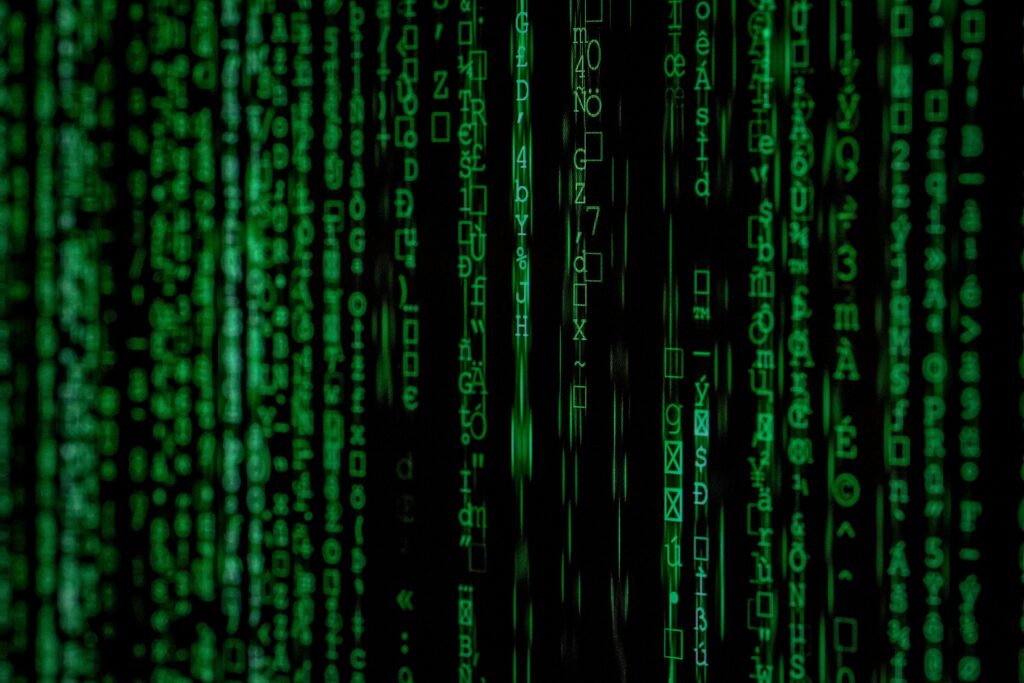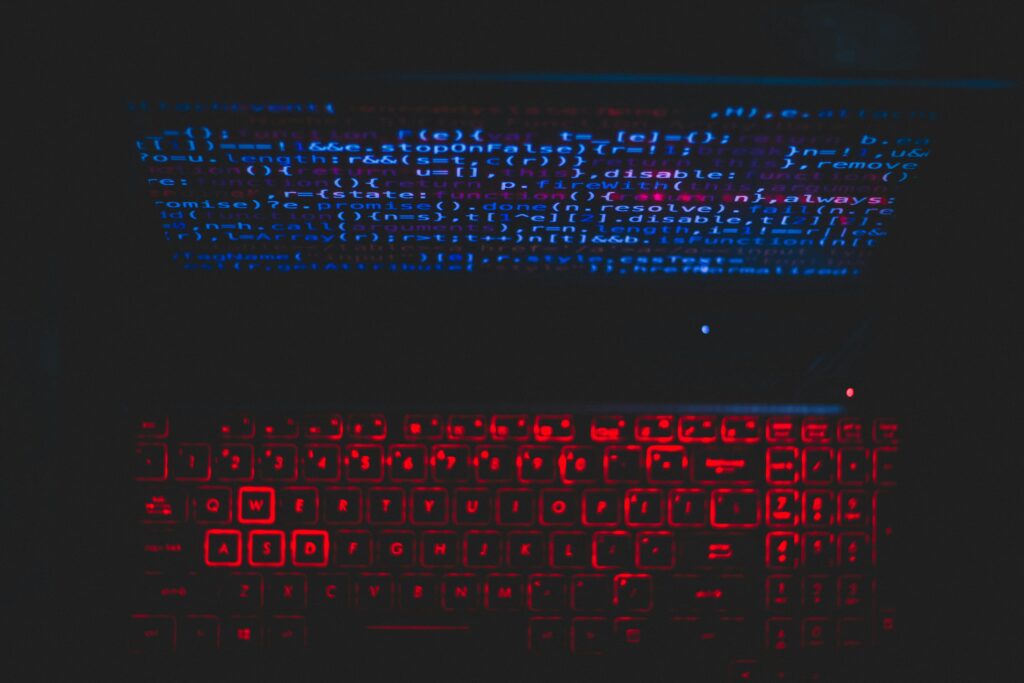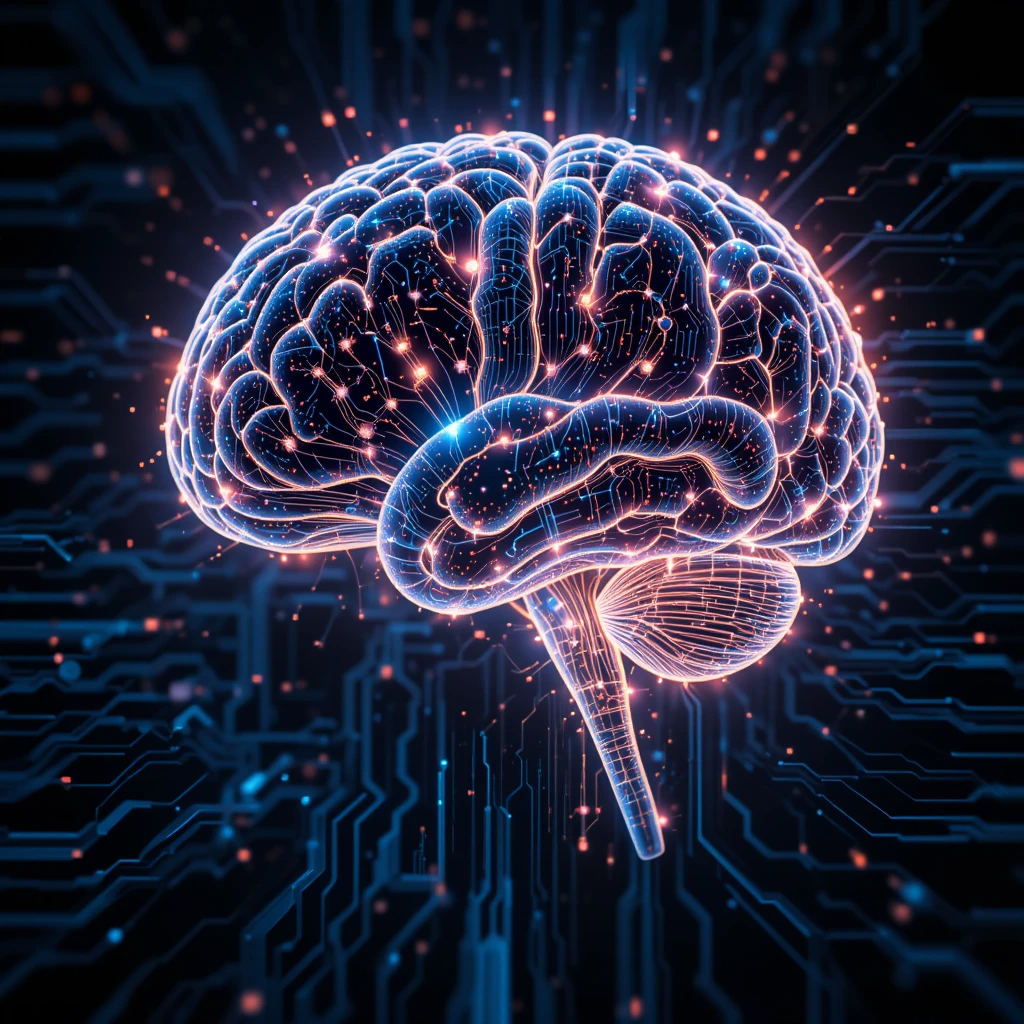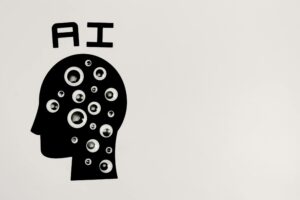Artificial Intelligence in 2025: How AI Is Reshaping Everyday Life, Work, and the Future
Introduction

Once a concept confined to science fiction and high-tech labs, Artificial Intelligence (AI) has become one of the most transformative forces of the 21st century. In 2025, AI is no longer a distant dream or experimental novelty — it’s a daily companion, corporate engine, and global disruptor.
From the smartphone in your pocket to the software automating billion-dollar industries, AI has silently, steadily, and powerfully integrated itself into our lives. But this rapid evolution brings not just convenience — it raises questions about ethics, employment, creativity, and control.
In this in-depth article, we explore how AI works, where it’s heading in 2025 and beyond, and how it’s reshaping our world in ways we’re only beginning to understand.
What Is Artificial Intelligence?
At its core, Artificial Intelligence refers to machines or software that can simulate human-like thinking and behavior. This includes learning, reasoning, problem-solving, perception, and even language understanding.
Key Subfields of AI:
-
Machine Learning (ML): Algorithms that improve through data and experience
-
Natural Language Processing (NLP): Understanding and generating human language
-
Computer Vision: Recognizing images and visual data
-
Robotics: Physical machines performing intelligent tasks
-
Generative AI: Creating new content (text, images, code, video)
AI doesn’t think like humans — it analyzes data patterns, predicts outcomes, and makes decisions based on learned rules and probability.
AI in 2025: The Present Reality
AI is no longer an emerging technology — it’s an essential part of nearly every major sector.
✅ Daily Life
-
Voice Assistants (Alexa, Siri, Google Assistant) understand natural conversation
-
Smartphones predict behavior, suggest apps, and optimize battery using AI
-
Streaming services like Netflix use AI for content recommendations
-
Smart homes use AI for security, lighting, and energy efficiency
✅ Business and Enterprise
-
AI chatbots manage customer service for banks, airlines, and retailers
-
Predictive analytics help companies forecast sales, inventory, and consumer trends
-
AI-driven HR tools screen resumes and schedule interviews
-
Fraud detection systems in finance save billions annually
✅ Healthcare
-
AI diagnostics detect cancer, retinal diseases, and heart conditions
-
Virtual nursing assistants provide 24/7 monitoring and support
-
Drug discovery accelerated using AI simulations
The Most Popular AI Tools in 2025

The rise of consumer-grade and enterprise-grade AI tools has changed how individuals and businesses operate.
🔹 ChatGPT (by OpenAI)
-
Human-like conversations, research, content creation, coding help
-
Used by students, bloggers, marketers, developers, and businesses
🔹 MidJourney & DALL·E
-
AI tools that generate images from text prompts
-
Used in art, branding, publishing, and advertising
🔹 Grammarly & Jasper
-
AI writing assistants for grammar correction and content generation
🔹 Google Bard / Gemini
-
Google’s AI-powered chatbot and research companion
🔹 Synthesia
-
AI video creation using avatars, text-to-video for presentations and education
AI in Key Industries: Deep Impact
💼 1. Education
-
Personalized learning platforms adapt to student pace
-
AI tutors and assessment tools give real-time feedback
-
Automated grading saves time for educators
🏥 2. Healthcare
-
Early disease detection through AI imaging
-
Remote surgery with robotic assistance
-
AI-assisted mental health chatbots for therapy and support
💰 3. Finance
-
AI for fraud detection, algorithmic trading, and customer support
-
Robo-advisors manage investments for individuals
-
Credit risk modeling and loan approvals enhanced by AI
🛍️ 4. Retail & E-Commerce
-
AI-based recommendation engines (like Amazon’s) drive sales
-
Chatbots assist customers in real time
-
AI-powered logistics manage warehousing and delivery
🏭 5. Manufacturing
-
Predictive maintenance reduces machine downtime
-
Robotic automation improves precision and reduces labor cost
-
AI monitors safety and optimizes workflows
Benefits of Artificial Intelligence

-
Increased Efficiency – AI automates routine tasks faster and without fatigue
-
Cost Savings – Reduces overhead in HR, customer service, logistics, and more
-
Data-Driven Insights – Helps make smarter, more accurate decisions
-
Innovation – Enables new products and business models
-
Accessibility – Voice-to-text, image recognition, and translation improve global communication
Challenges and Concerns
With great power comes great responsibility. AI, despite its brilliance, raises serious ethical and social issues.
⚠️ Job Displacement
-
Automation threatens roles in data entry, customer service, driving, and even journalism
-
Retraining and upskilling are vital for the future workforce
⚠️ Bias in Algorithms
-
AI can reflect human bias present in training data (e.g., racial or gender bias in hiring tools)
-
Transparent, explainable AI is now a global demand
⚠️ Data Privacy
-
AI systems often require vast amounts of personal data
-
Breaches or misuse of this data can harm individuals and democracy
⚠️ Deepfakes and Disinformation
-
AI-generated content can spread fake news, impersonate voices/faces
-
Threat to elections, reputations, and social stability
AI vs Human Intelligence
While AI is powerful, it lacks emotions, consciousness, and ethical reasoning. Human intelligence is:
-
Flexible
-
Intuitive
-
Emotionally intelligent
-
Morally aware
AI can assist, but it cannot replace human values, creativity, and context awareness — at least not yet.
AI and Creativity: A New Frontier
2025 has seen the rise of Generative AI in music, art, literature, and filmmaking.
-
Musicians collaborate with AI to generate beats and lyrics
-
Designers use AI to create branding, fashion, and architecture
-
Writers co-create stories, blog posts, and screenplays using tools like ChatGPT
But where is the line between tool and creator? This philosophical debate continues.
Government and Global Regulation
Countries around the world are now developing AI frameworks and laws to govern its use.
🔒 India:
-
Developing national AI policy with focus on inclusive innovation and ethics
🇪🇺 European Union:
-
EU AI Act passed in 2024 to regulate high-risk AI applications
🇺🇸 United States:
-
Executive Orders to ensure safe AI development and public transparency
🌐 Global Initiatives:
-
UN AI for Good program
-
OECD AI Principles promoting human-centered development
Regulation is now considered as important as innovation.
AI in the Next Decade: The Future Outlook
Here’s what we can expect by 2030:
✅ AI Integration in Every Device
-
Wearables, smart homes, cars, and even smart clothing
✅ AGI (Artificial General Intelligence)?
-
Theoretical AI that can match or surpass human intelligence in all fields
-
Still under research, but OpenAI, DeepMind, and others are exploring possibilities
✅ AI + Quantum Computing
-
Will dramatically improve AI performance in drug discovery, climate modeling, and security
✅ Human-AI Collaboration
-
“Centaur Model”: combining human judgment with machine speed for super-productivity
How to Prepare for the AI Age

Whether you’re a student, business owner, or professional — adapting to AI is key to survival and success.
💡 Tips:
-
Learn basic AI and machine learning concepts
-
Use AI tools in your daily work (ChatGPT, Grammarly, Canva AI, etc.)
-
Focus on skills AI can’t replace — empathy, leadership, creativity
-
Stay informed on AI policy, privacy rights, and ethical AI
Conclusion: Embracing AI with Caution and Courage
Artificial Intelligence is not the future — it’s the now. In 2025, AI has become a co-pilot in our daily decisions, work tasks, health monitoring, and entertainment. But as it shapes our world, we must also shape its direction with ethics, empathy, and accountability.
Rather than fear AI, we must understand it, regulate it wisely, and use it for human benefit. After all, the greatest intelligence is not artificial — it’s our ability to evolve with purpose.





